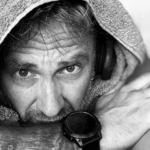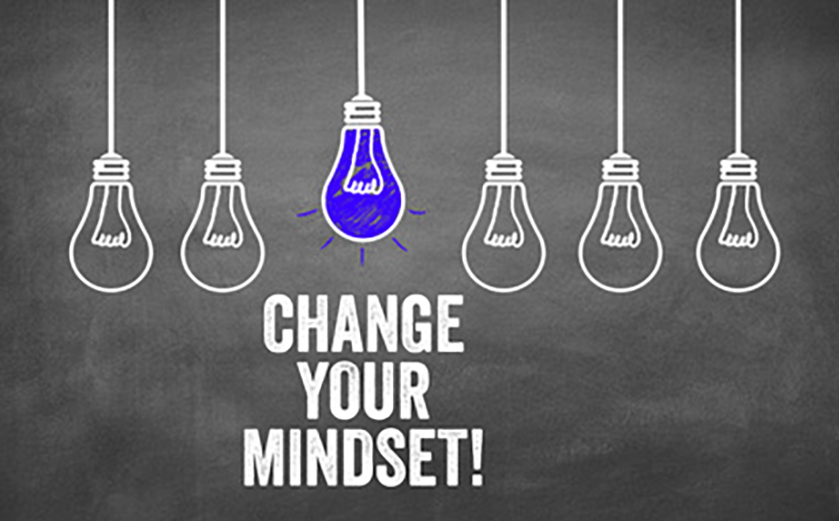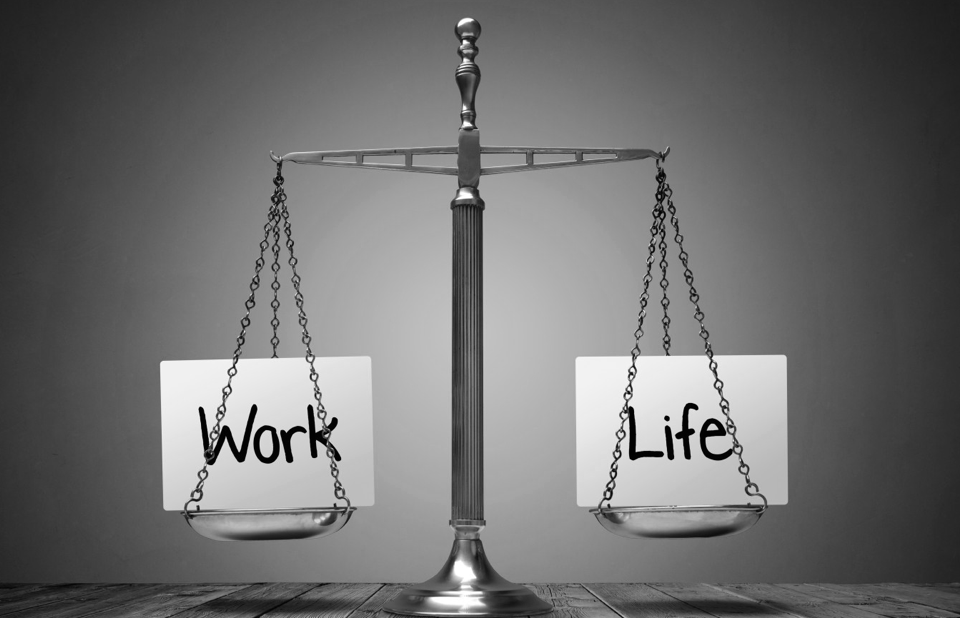Earlier this week, I had a great session with one of my coaching client whose story might sound familiar to many of you. Successful, driven, and outwardly confident, yet grappling with waves of anxiety that seemed to come out of nowhere. As we dug deeper, a powerful realisation emerged: his body was speaking a language his conscious mind had forgotten.
This conversation brought to mind the groundbreaking work of Dr. Bessel van der Kolk, particularly his book “The Body Keeps the Score.” Van der Kolk writes, “The body keeps the score: If the memory of trauma is encoded in the viscera, in heartbreaking and gut-wrenching emotions, in autoimmune disorders and skeletal/muscular problems, then talk therapy will always be limited.”
It’s a profound concept. Our bodies hold onto past experiences, especially difficult ones, long after our conscious minds have filed them away. This physical memory can manifest as anxiety, often triggered by situations that might seem unrelated on the surface.
So how do we begin to decode this hidden language? Here are some strategies that have proven effective in my coaching practice:
- Body Awareness: Next time anxiety strikes, pause. Where do you feel it in your body? Is it a tightness in your chest? A knot in your stomach? Simply acknowledging these physical sensations can be the first step in processing the underlying emotions.
- Compassionate Retrospection: Try speaking to your younger self with kindness. It might feel odd at first, but acknowledging past difficulties with compassion can be incredibly healing.
- Gradual Exposure: Slowly and safely exposing yourself to anxiety-inducing situations can help rewire your body’s responses over time. It’s not about diving into the deep end, but taking small, manageable steps.
- Professional Support: A skilled therapist or coach can provide invaluable tools and insights for navigating this journey.
Remember, anxiety isn’t a personal failing or a sign of weakness. It’s often your body’s way of protecting you, based on past experiences. By learning to listen to and work with your body, rather than fighting against it, you can begin to transform your relationship with anxiety.
As Van der Kolk says, “The greatest sources of our suffering are the lies we tell ourselves.” Let’s start by being honest with ourselves about our anxiety, and treat ourselves with the compassion we deserve.










